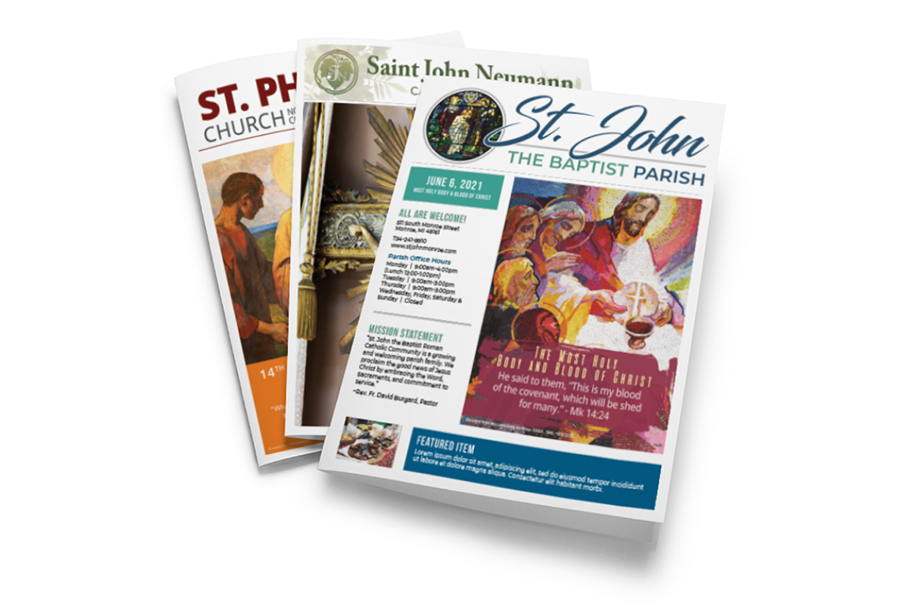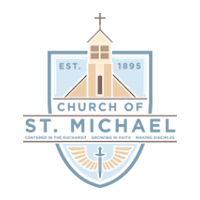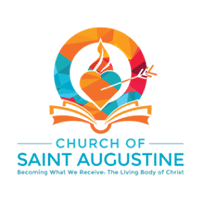Integrated Parish Communications
Build Your Vibrant Church
Church Solutions

PRINT & DIGITAL BULLETINS
Don’t miss your weekly opportunity for effective connection with your congregation.
We’re here to help you with inspiring content, excellent design solutions, flexible deadlines, reliable support and service—for both print and digital.

CHURCH WEBSITES
Professional templates with simple yet powerful features.
Use WeConnect websites by LPi to create a unique and functional digital home for your parish community.

BRANDING & DESIGN
Communicate your parish story with a compelling visual identity.
Our graphic design team creates Catholic content full-time, working with thousands of churches to create vibrant and unique brands that inspire engagement and trust.

ART & CONTENT
Build better communications with liturgically-accurate images and reflections that honor our Catholic tradition.
LPi’s digital library, WeCreate, is constantly updated with fresh faith-filled graphics, cover art, saint biographies, Gospel reflections, and more.
partners in mission





view the numbers:
20,000,000
Pages printed per week
90,000
Advertisements delivered weekly
4,000+
Churches Served
50
Years in business!
the latest from lPi
All Rights Reserved | LPi

